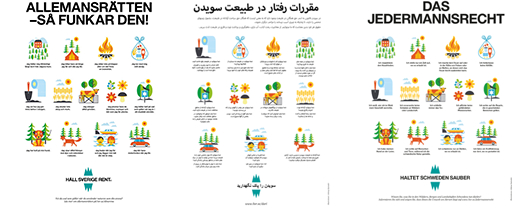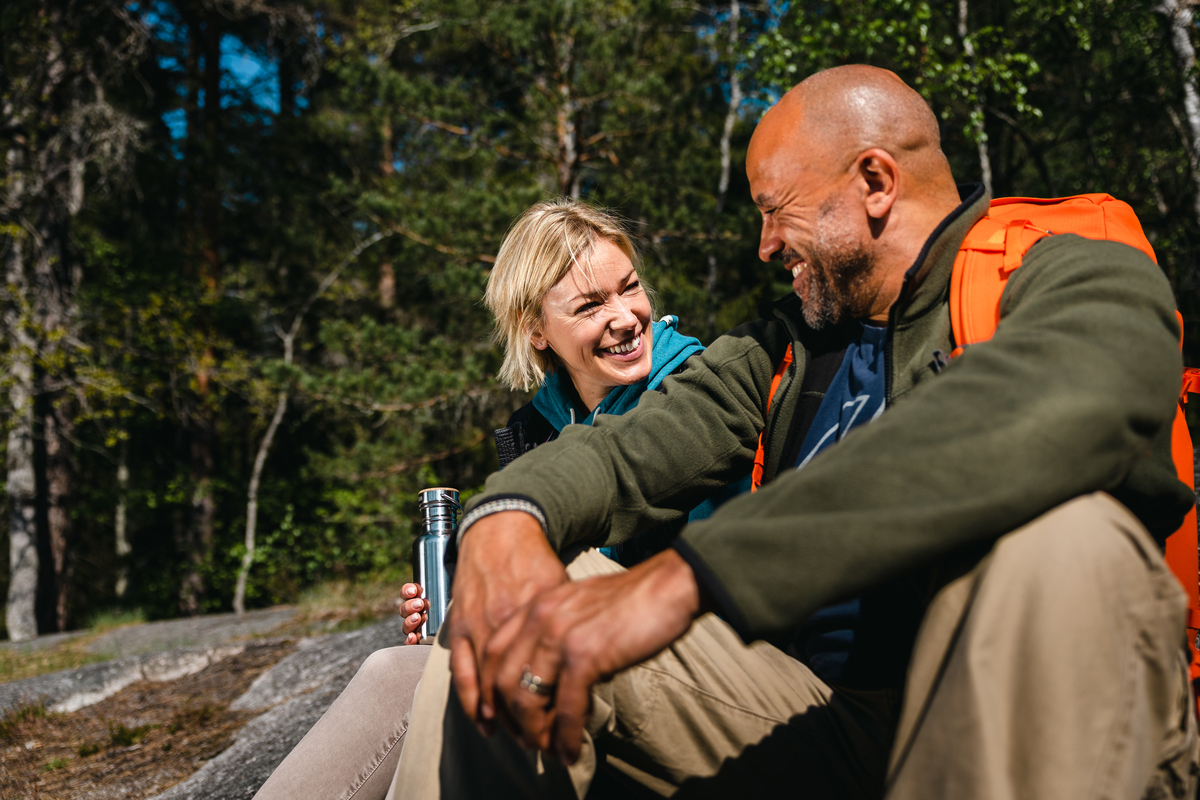
Right of Public Access
4 things to remember in nature
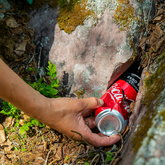
1. Do not leave litter behind
Large amounts of litter end up in the Swedish countryside every year. Plastic bags, aluminium cans and single-use packaging will last for hundreds of years and are harmful to nature and all the animals that live there. This is why it is important that you clean up after yourself, either by putting your waste in a rubbish bin or by taking it home.
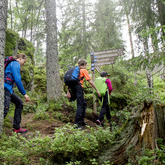
2. Do not harm the forest or land
The Right of Public Access gives you wonderful freedom to walk, run, cycle, ride and ski in the countryside. But you cannot do these things everywhere. For example, you cannot go into a field, meadow, tree plantation or other area that is newly planted or has crops growing in it. Remember that litter harms forests and the land, so be extra careful to take all your rubbish with you.
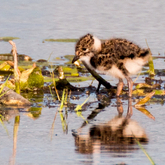
3. Respect the animals
It is not just people who spend time in nature, and the Right of Public Access makes sure it is enjoyable for everyone. So we must show each other respect. For example, animals may be frightened if people come too close. This is especially important in the late spring, when the birds are breeding and the animals have babies. Litter can also harm the animals, so do not leave any rubbish or leftover food for the animals.
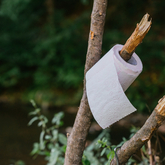
4. When you need to go to the toilet
If you need to relieve yourself in the countryside, you can dig a pit, at least 100 metres away from any campsite or walking trail. When you are finished, bury, burn or take the toilet paper with you so it does not become litter. The rule is, when you leave the countryside, there should be no sign that you were ever there.
The Right of Public Access also means that:
- You can make a campfire in the marked places, but not on rocks or if there is a risk of wildfires.
- You can camp in a tent, but you must check which places allow it and for how long.
- You can go almost everywhere in the countryside, but not on anyone’s private property.
- You can go through gates on public land, but remember to close the gate behind you.
- You can pick wild berries, flowers and mushrooms, but do not break twigs off of live trees or pick anything that is protected by law.
- You can take your dog out with you, but keep it on a lead, especially in spring and summer.
- You can swim almost everywhere, but not on anyone’s property or in an area where birds or seals are protected.
The Right of Public Access does not permit you to drive motor vehicles off-road. You must also make sure you know if you are in a protected area or a nature reserve, which may have other rules than those written here.
You can read more about the rights and responsibilities of the Right of Public Access on SwedishEPA.se.
In other languages
Posters about the Right of Public Access in ten different languages. Download and use them as much as you want!
